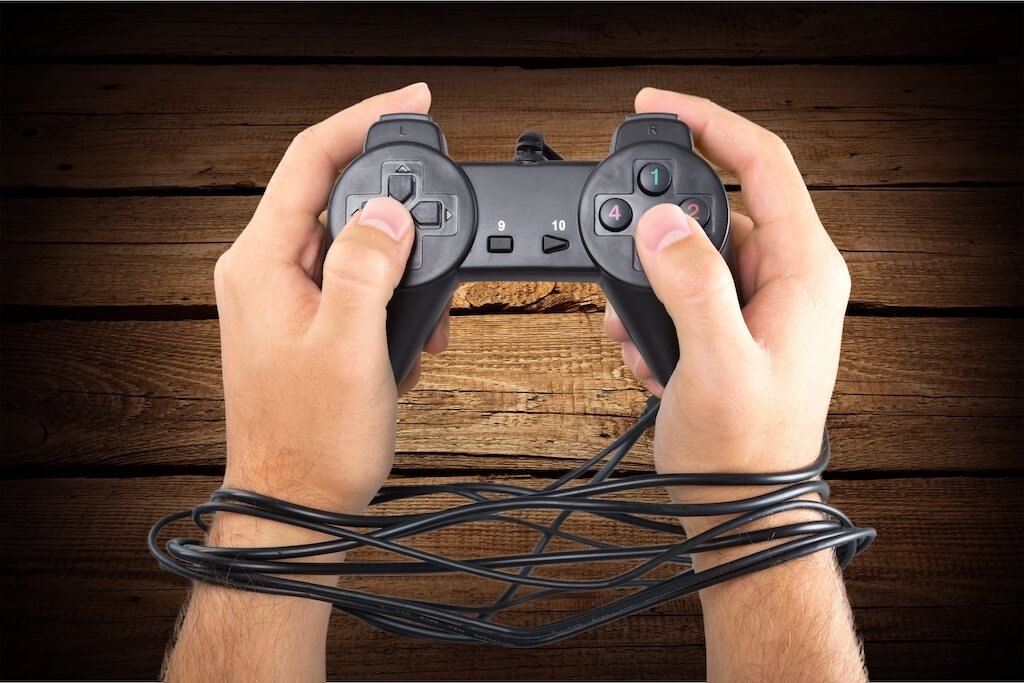In recent years, game addiction has become a prevalent issue, affecting individuals of all ages. The immersive and enticing nature of games, coupled with their ease of access, has led to a significant rise in addiction cases. However, breaking free from game addiction is possible. In this article, we will explore the top reasons behind game addiction, the consequences it can have on individuals’ lives, and how self-hypnosis can be a powerful tool in overcoming this addiction. Furthermore, we will outline practical steps to utilize self-hypnosis to pave the way towards a healthier relationship with gaming.
Understanding the Top Reasons Behind Game Addiction
Escape and Avoidance: One of the primary reasons individuals become addicted to games is the desire to escape from real-world problems or emotions. Games provide an alternate reality where players can temporarily forget their difficulties and immerse themselves in a different world.
Social Connection: Online gaming communities provide individuals with a sense of belonging and connection. For those who may feel isolated or lack social support in their everyday lives, games can provide an avenue for social interaction and companionship.
Achievement and Progression: The constant feedback and sense of achievement in games can be highly rewarding. This drive to progress and accomplish goals within the game can become addictive, as players strive for that next level of success.
Consequences of Game Addiction
Neglect of Responsibilities: Game addiction can lead to neglect of important responsibilities, such as work, education, and relationships. Individuals may prioritize gaming over essential tasks, leading to a decline in their overall functioning.
Physical Health Issues: Prolonged gaming sessions can have detrimental effects on physical health, contributing to sedentary lifestyles, sleep disturbances, and issues related to posture and eye strain.
Psychological Impact: Game addiction can have a profound impact on mental health. It may exacerbate symptoms of anxiety, depression, and social anxiety disorder. Additionally, individuals may find it challenging to maintain focus or feel satisfied in other areas of life outside the game.
How Can Self-Hypnosis Help with Game Addiction?
Identifying Triggers and Patterns: Self-hypnosis allows individuals to delve deep into their subconscious minds and identify the triggers that lead to excessive gaming. By becoming aware of these triggers, individuals can better understand the underlying reasons behind their addiction and develop healthier coping strategies.
Enhancing Self-Control: Self-hypnosis can reinforce an individual’s ability to exercise self-control by modifying ingrained patterns of behavior. It empowers individuals to develop a stronger resolve and discipline, helping them resist the urge to engage in excessive gaming.
Replacing Gaming with Healthy Activities: Self-hypnosis can facilitate the uncovering of alternative activities and interests that bring joy and fulfillment. By redirecting focus towards more positive pursuits, individuals can gradually reduce their dependence on gaming.
Strengthening Decision-Making Skills: Self-hypnosis techniques can help individuals enhance their decision-making skills by reframing their perspective on gaming. They can develop a clearer understanding of the negative consequences associated with excessive gaming and embrace a healthier mindset.
Steps to Overcoming Game Addiction with Self-Hypnosis
Acknowledge the Problem: The first step towards overcoming game addiction is recognizing and accepting that it has become an issue in your life. Be honest with yourself and acknowledge the negative impact it is having on your overall well-being.
Learn about Self-Hypnosis: Educate yourself about self-hypnosis techniques tailored specifically to combat game addiction. You can explore books, online resources, or seek guidance from professionals experienced in addiction recovery.
Design a Self-Hypnosis Routine: Establish a regular self-hypnosis routine that allows for deep relaxation and focus. Find a quiet space, free from distractions, where you can comfortably engage in the self-hypnosis process.
Visualize a Balanced Life: During self-hypnosis, visualize a life where gaming is a healthy and controlled activity, balanced with other fulfilling commitments and interests. Paint a vivid picture of this balanced lifestyle to reinforce and internalize the desired change.
Seek Support: Building a support system is crucial in overcoming addiction. Consider joining supportive communities, therapy groups, or seeking professional counseling to enhance your self-hypnosis journey.
Conclusion
Game addiction can have a significant impact on individuals’ lives and hinder overall well-being. However, by harnessing the power of self-hypnosis, individuals can break free from the chains of game addiction. Utilizing self-hypnosis techniques can help identify triggers, enhance self-control, redirect focus to healthier activities, and strengthen decision-making skills. It is essential to acknowledge the problem, educate yourself about self-hypnosis, and establish a regular self-hypnosis routine. With determination and support, individuals can pave the way towards a healthier and more balanced life, where gaming becomes a controlled and enjoyable part of their journey rather than an all-consuming obsession.



















